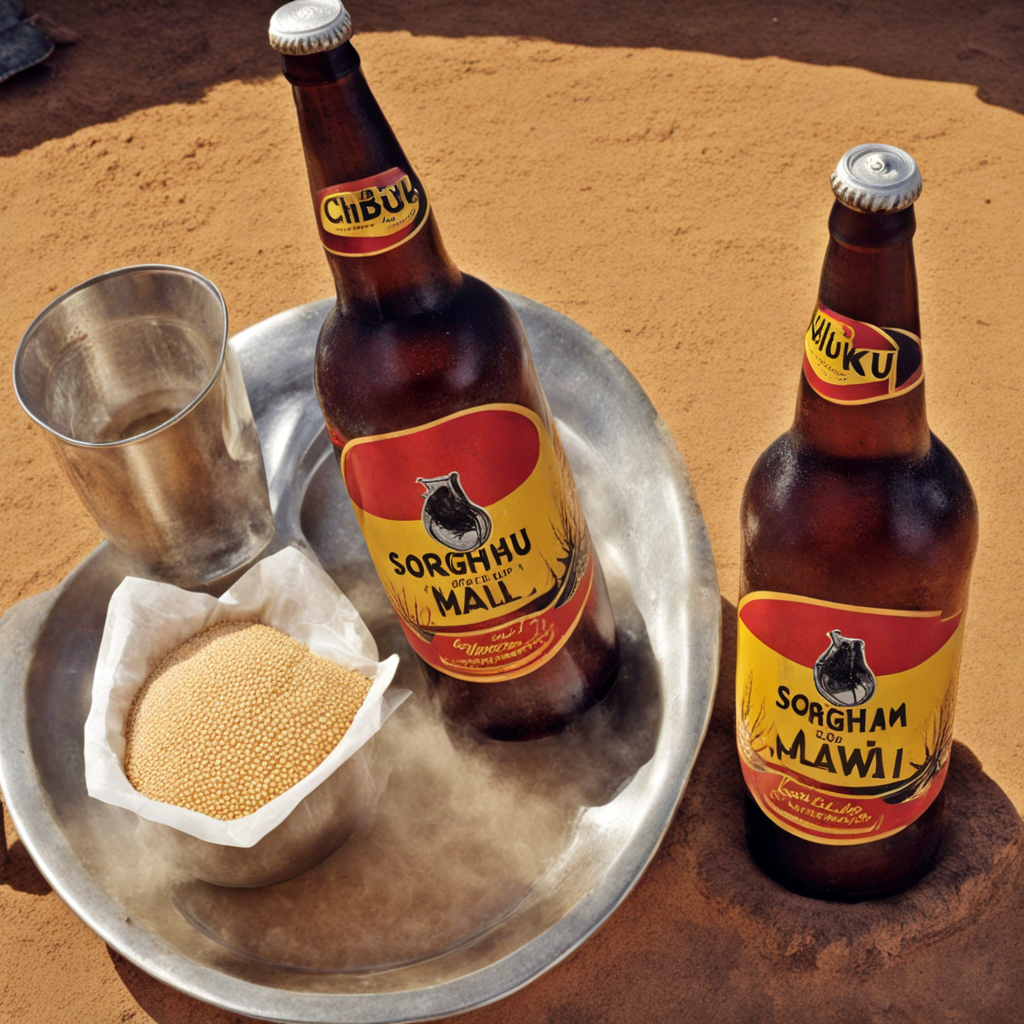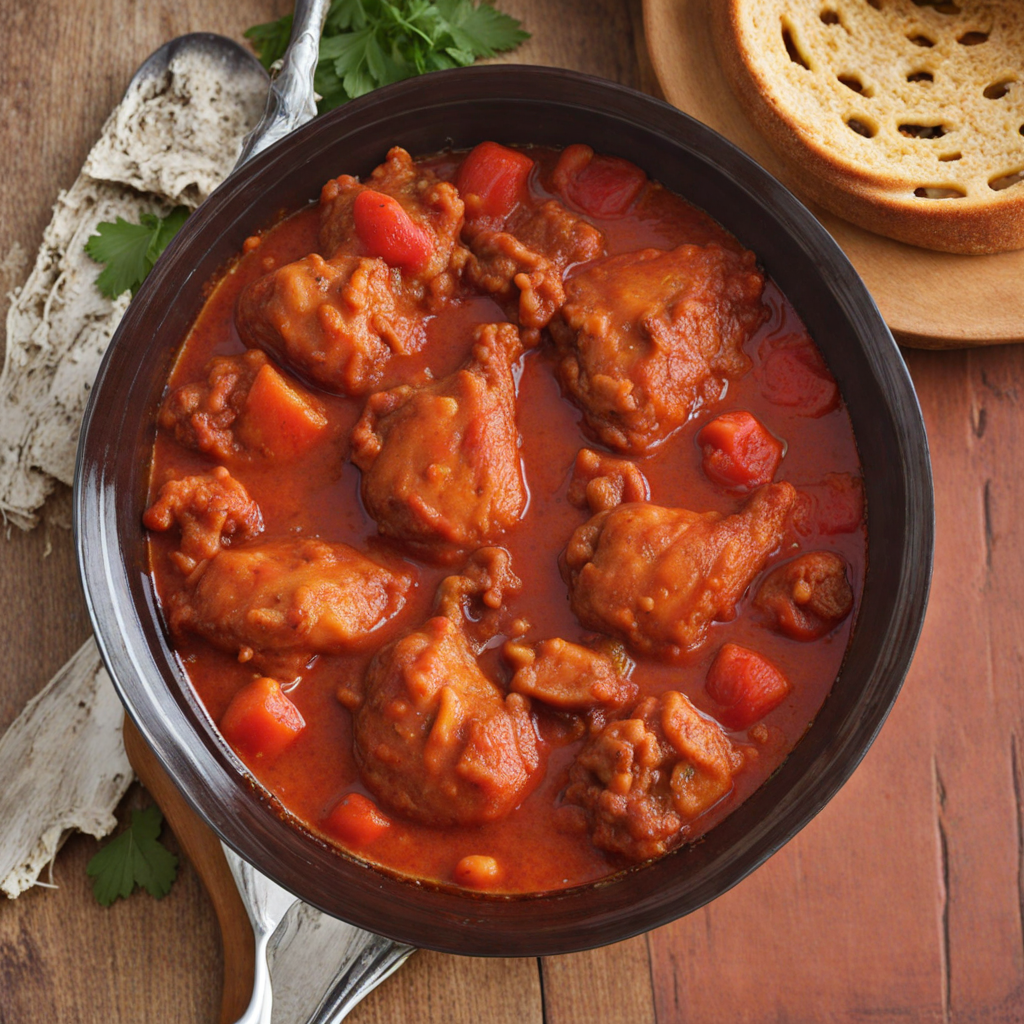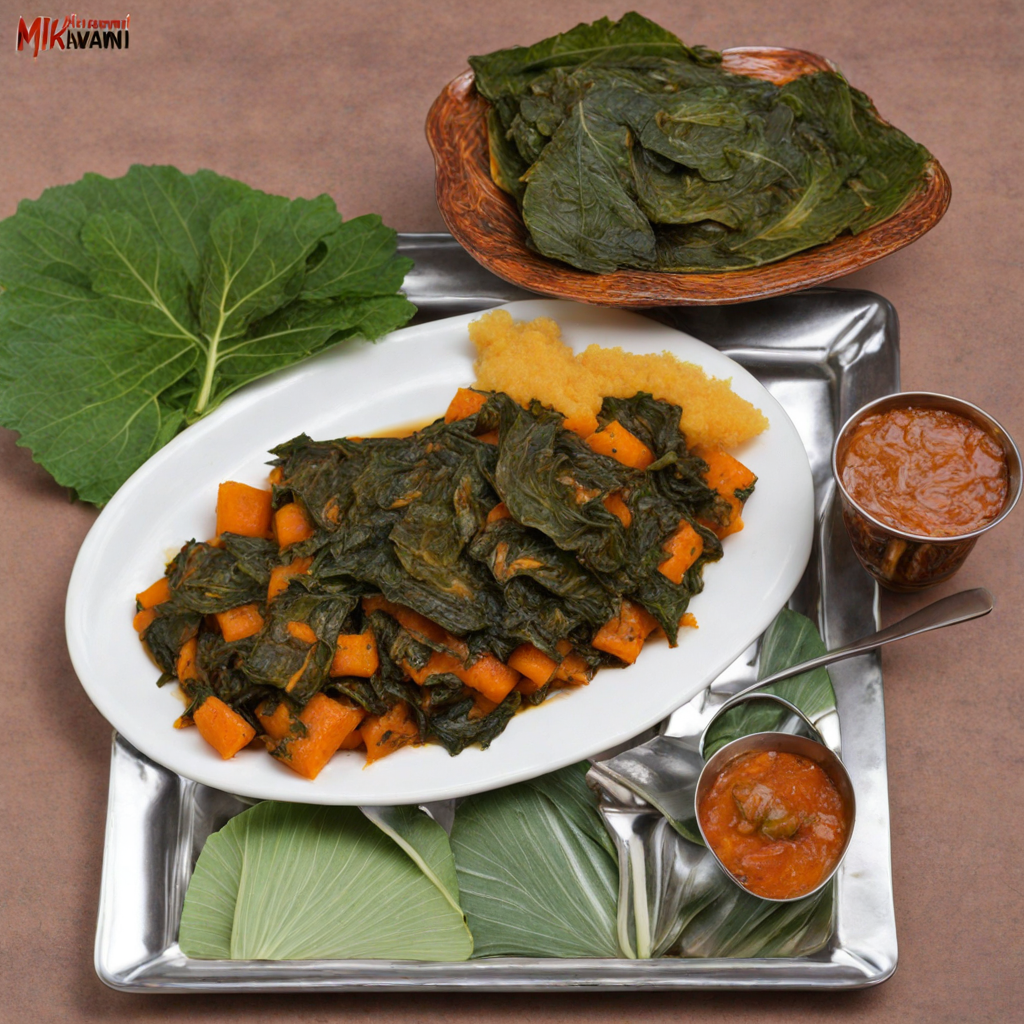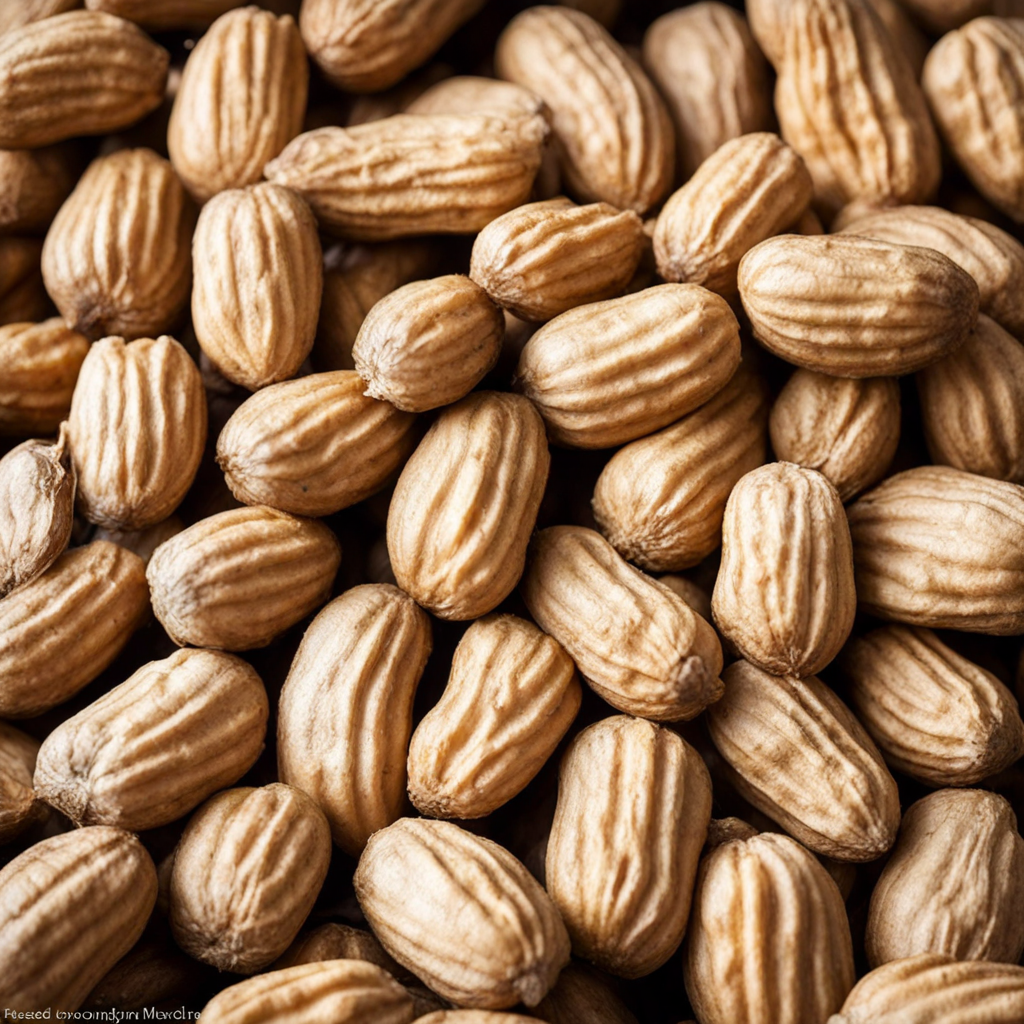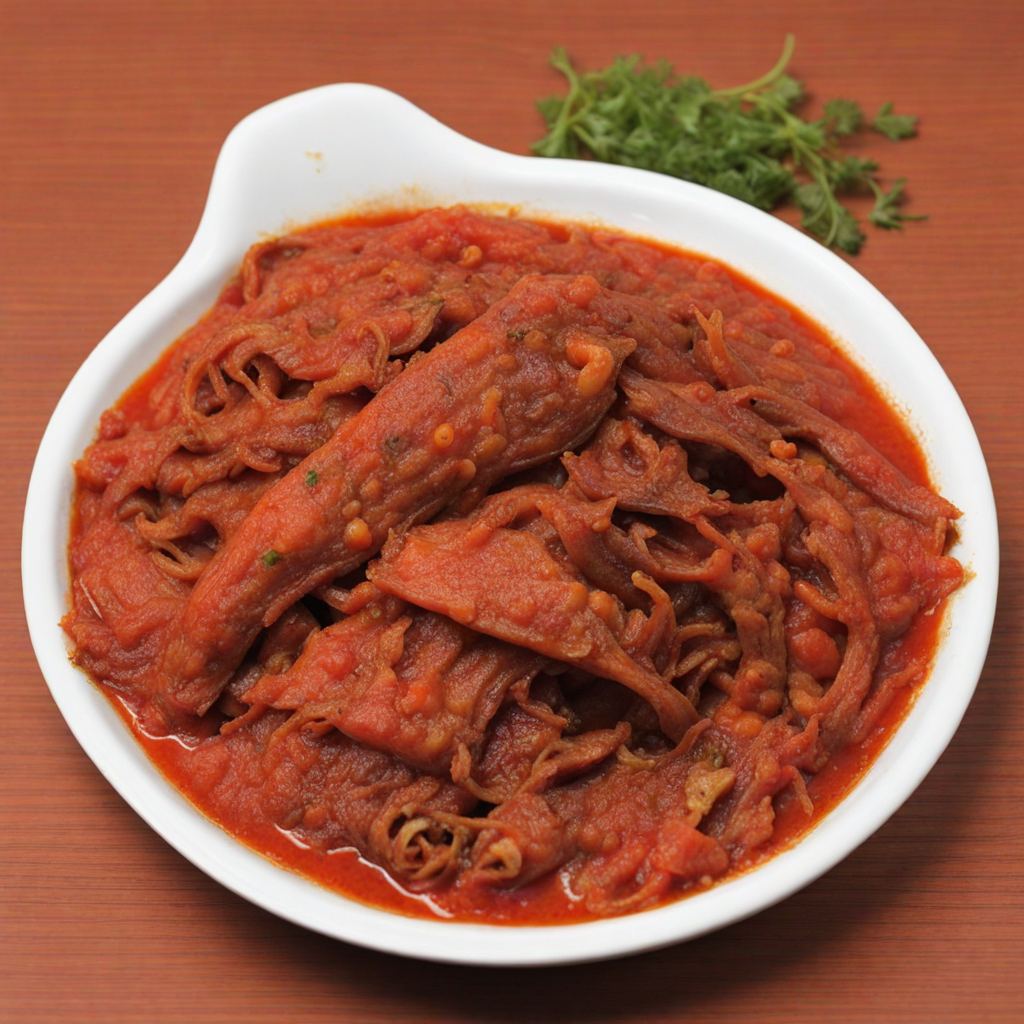Chibuku
Chibuku, often referred to as "shake-shake," is a traditional beer from Malawi, revered for its deep cultural roots and social significance. Its history can be traced back to the early 20th century when it began as a local brew made by indigenous communities. The word "Chibuku" is derived from the Chichewa language, meaning "to shake," which reflects the drink's unique preparation and consumption method. Historically, it has been a staple at social gatherings, ceremonies, and celebrations, embodying the communal spirit of Malawian culture. The preparation of Chibuku is a labor-intensive process that showcases the ingenuity of local brewers. It begins with the fermentation of maize (corn) and sorghum, which are the primary ingredients. The maize is first cooked and then cooled before being mashed and allowed to ferment. This fermentation process typically takes one to three days, during which the mixture is stirred and left to sit, allowing natural yeasts to develop. After fermentation, the mixture is strained to remove solid particles, resulting in a milky, somewhat thick liquid. This final product is often poured into large containers, where it is allowed to settle. Before serving, it is customary to shake the container to mix the sediments, which is why it is commonly called "shake-shake." The flavor profile of Chibuku is distinctive and can be described as earthy, mildly sour, and somewhat creamy. Its taste may vary depending on the brewing process and the
How It Became This Dish
Chibuku: The Brew of Malawi Chibuku, often referred to as "Chibuku Shake Shake," is more than just a traditional beer; it is a cultural icon of Malawi, deeply rooted in the nation’s history, social life, and communal identity. This traditional sorghum beer has been a staple for generations, embodying the spirit of Malawian hospitality and community. Origins of Chibuku The origins of Chibuku can be traced back to the indigenous people of Malawi, who have brewed various forms of fermented beverages for centuries. The word "Chibuku" itself derives from the Chewa language, meaning "to shake" or "to stir," which reflects the brewing process where the mixture is vigorously shaken before consumption to reintroduce the sediment that settles at the bottom. Traditionally, Chibuku is made from maize and sorghum, although variations exist depending on regional preferences and available ingredients. The brewing technique is an ancient practice, likely influenced by earlier brewing traditions in neighboring countries. Though it is difficult to pinpoint an exact date for the first production of Chibuku, evidence suggests that beer brewing has been an integral part of Malawi's culture since the times of the Chewa and other ethnic groups, who relied on it for sustenance and social gatherings. Cultural Significance Chibuku holds a unique place in Malawian culture. It is more than just a beverage; it is a social lubricant that brings people together. Traditionally, beer has been a medium for social interaction, celebration, and community bonding. In rural settings, it is common for families to brew Chibuku at home, often made in large batches for communal sharing. It is served during significant life events such as weddings, funerals, and festivals, symbolizing unity and shared experiences. The act of drinking Chibuku is communal; it is usually enjoyed from a shared container or bowl, fostering a sense of togetherness. For many Malawians, the beer embodies the values of hospitality, generosity, and camaraderie. It functions as a rite of passage for young adults, who are often introduced to it during important life milestones. Moreover, Chibuku is interwoven with the spiritual beliefs of the people. Some communities believe that the beer has cleansing properties, and it may be offered to ancestors or spirits during rituals. This connection to spirituality adds another layer of significance to the beverage, marking it as not only a source of refreshment but also a means of honoring cultural heritage. Development Over Time The evolution of Chibuku has mirrored the socio-economic changes in Malawi over the decades. In the early 20th century, the introduction of commercial brewing processes began to change the landscape of Chibuku production. The first commercial brewery was established in the 1960s by the Malawi Breweries Limited, which aimed to meet the growing demand for this beloved beverage. The brewery commercialized the production of Chibuku, making it more accessible to urban populations while maintaining the essence of traditional brewing methods. Despite its commercial roots, Chibuku has retained its cultural relevance. The packaging, typically in a distinctive cardboard box, allows for easy transport and sharing, and the beer remains affordable for many Malawians. The commercial version of Chibuku is brewed under strict quality control standards, ensuring a consistent product while still resembling the traditional homemade versions in flavor and texture. The rise of Chibuku in urban areas has led to the emergence of taverns and bars that specialize in this local brew, creating vibrant social hubs where people gather to enjoy the drink. These establishments often host traditional music and dance performances, further embedding Chibuku in the social fabric of Malawian life. Modern Challenges While Chibuku continues to thrive, it faces challenges in the modern era. The proliferation of alternative alcoholic beverages, such as imported beers and spirits, has created competition. Additionally, public health campaigns addressing alcohol consumption have raised awareness about the potential negative effects of excessive drinking. However, despite these challenges, Chibuku remains a cherished and culturally significant drink. In recent years, there has also been a resurgence of interest in traditional brewing methods among younger generations. The emphasis on local ingredients and traditional practices is being revived, as many seek to reconnect with their cultural roots. Home brewing is still prevalent, particularly in rural areas, where families take pride in their unique recipes passed down through generations. Conclusion Chibuku is much more than a beverage; it is a living testament to the rich cultural tapestry of Malawi. From its origins as a homemade brew to its commercialization, Chibuku has adapted to the changing times while preserving its core identity. It symbolizes community, hospitality, and tradition, acting as a bridge between generations. As Malawi continues to navigate the complexities of modernity, Chibuku stands resilient, reminding its people of their heritage and the importance of communal bonds. Whether enjoyed in a bustling urban tavern or a quiet rural homestead, Chibuku will undoubtedly remain a vital part of the Malawian experience, embodying the spirit of a nation that values connection, celebration, and the richness of its cultural traditions.
You may like
Discover local flavors from Malawi



